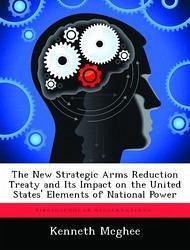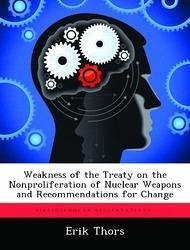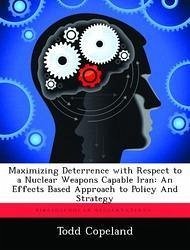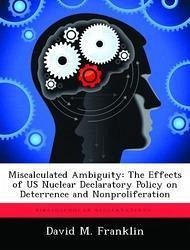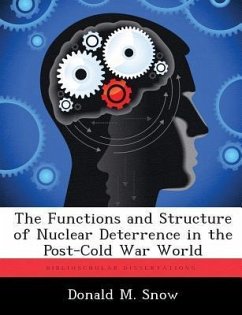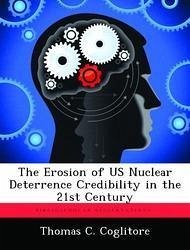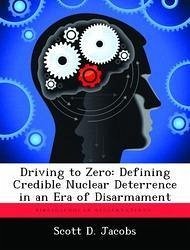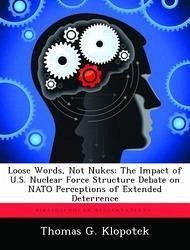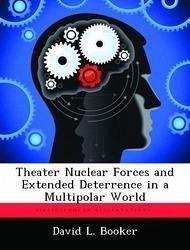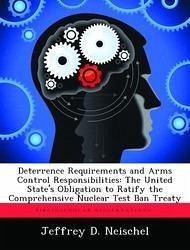
Deterrence Requirements and Arms Control Responsibilities: The United State's Obligation to Ratify the Comprehensive Nuclear Test Ban Treaty
Versandkostenfrei!
Versandfertig in über 4 Wochen
55,99 €
inkl. MwSt.

PAYBACK Punkte
28 °P sammeln!
Since 1996, the Comprehensive Nuclear Test Ban Treaty (CTBT) has been open to states for signature with a goal of ending all nuclear testing. Although 182 states have signed it, and 151 have ratified it, the remaining nine key Annex 2 states of China, Egypt, India, Indonesia, Iran, Israel, North Korea, Pakistan, and the United States have failed to sign and/or ratify the CTBT, thereby not allowing the treaty to become enforceable. By ratifying the CTBT, the United States puts political and diplomatic pressure on the remaining Annex 2 states to do the same. Together with other nuclear arms cont...
Since 1996, the Comprehensive Nuclear Test Ban Treaty (CTBT) has been open to states for signature with a goal of ending all nuclear testing. Although 182 states have signed it, and 151 have ratified it, the remaining nine key Annex 2 states of China, Egypt, India, Indonesia, Iran, Israel, North Korea, Pakistan, and the United States have failed to sign and/or ratify the CTBT, thereby not allowing the treaty to become enforceable. By ratifying the CTBT, the United States puts political and diplomatic pressure on the remaining Annex 2 states to do the same. Together with other nuclear arms control and disarmament steps like the United States-Russian START Follow-On Treaty, progress in negotiating a Fissile Material Cutoff Treaty, and worldwide efforts to consolidate and secure all nuclear materials that could be used to construct nuclear weapons, the United States and other nuclear powers will demonstrate their commitment towards non-proliferation and disarmament in accordance with the Nuclear Non-Proliferation Treaty. As recently stated by United States national security experts George Shultz, William Perry, Sam Nunn, and Henry Kissinger, "we must move in two parallel paths - one path which reduces nuclear dangers by maintaining our deterrence, and the other which reduces nuclear dangers through arms control and international programs to prevent proliferation. Given today's threats of nuclear proliferation and nuclear terrorism, these are not mutually exclusive imperatives. To protect the nation's security, we must succeed in both.





